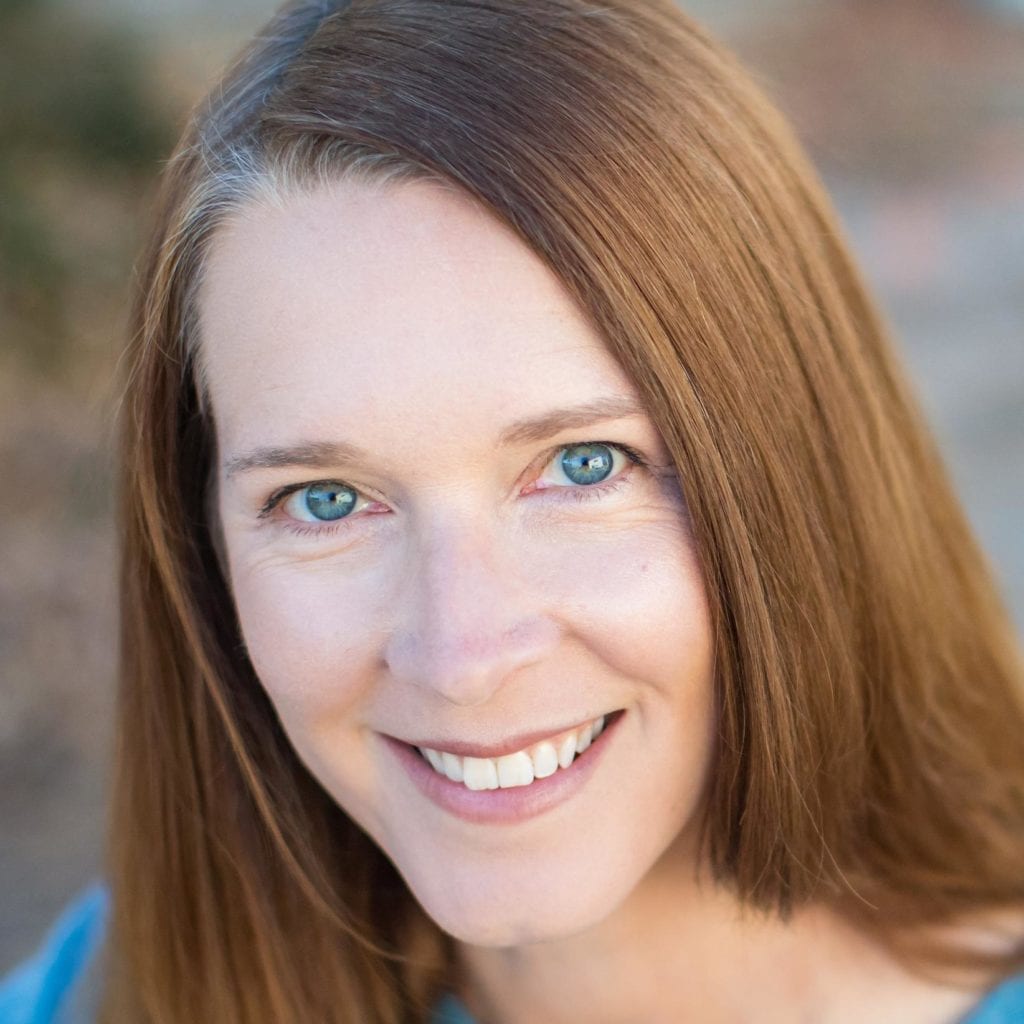
You’ve been at BETC as Associate Producer and production dramaturg for over a decade, but most BETC fans don’t know you’re also a writer. What’s your backstory as a playwright?
My undergraduate degree was in creative writing. Theatre was my co-major. At the time, I thought I wanted to teach high school, to be that English teacher who also runs the theatre department in every small Midwestern high school. When I moved to Philadelphia and found out dramaturgy could be a career path, though, I was hooked almost immediately. Except for one fantastic playwriting class with Michael Hollinger at Villanova, I put writing to the side for quite awhile, first for school, then for other theatre work, and eventually due to family demands.
As BETC’s literary manager, I read hundreds of plays every year, from historical romance to political drama. Given the thousands of plays that are out there, it’s hard to believe that some subjects haven’t been put onstage yet! For the past few years, I’ve been making my own list of stories that I can’t wait to tell. Now that my kids are a little older, I’m back to writing. The Second will be my third full-length play. I’ve also written a few short plays, including one that was produced by the Boulder Symphony last year. I’m working on a new project with them in the year ahead.
Your play, The Second, is historical fiction and features many real people as characters (including some guy named Shakespeare). You are also an accomplished dramaturg. Can you describe what your research process is like?
When I write about actual historical figures, I love to immerse myself in as many of their own words as possible–interviews, letters, diaries, whatever I can find. It helps me be able to hear their voices in my head as I’m writing. Then I branch out from what I learn about the people at the center of my play to research and create secondary characters. (Sometimes they’re real, sometimes they’re not.) I gather specific details about their culture, their moment in history, and their habits. For The Second, that meant learning about Renaissance acting companies, Tudor prison systems and governance structures, and dueling language and conventions. Also, I read a fair number of lesser-known plays from the time period to figure out what audiences would have loved back then besides Shakespeare.
As a writer, what drew you to want to tell this story?
I’m often inspired by stories I hear on the radio, podcasts, and articles by scholars from other disciplines. I’ve always been fascinated by what gets lost in the course of history. And in our current moment, I’m very interested in how politicians drive artistic censorship. The seed of The Second was planted by a Daily Beast article that described how one of Ben Jonson’s earliest co-authored plays, The Isle of Dogs, landed him in jail and closed down all the London theatres. All copies of the play were seized and completely destroyed, so no one knows today what it was actually about. Rather than try to imagine that lost play in his voice, I decided to tell his amazing story: this working-class bricklayer went to jail twice in two years but still ultimately became, well, Ben Jonson.
What are you hoping to take away from this table reading?
Since the play is a first draft, I’m expecting to hear some moments that won’t make it into later versions. This is the largest-cast play I’ve ever written. I’ll be listening to see if the many characters are distinct from one another, and where I can make those distinctions clearer. (The contest I’m submitting it to requires a cast of 10-12, so there will be 11 actors at the reading!)
Table reads give playwrights a chance to watch an audience hear the text. It’s a chance to observe when people lean forward and when they sit back, when they’re engaged and when they drop out of the story. That’s incredibly valuable to me. The post-show conversation is also very helpful, as I can learn what confused people and what sparked their curiosity.
Do you have a favorite Shakespeare play? If so, what is it and why?
Hamlet. Hands down. There is no production, no director’s vision, and no interpretation of the central role that can ultimately “get it right,” and that’s what I love about it. It’s never boring. I never tune out. Every moment requires a choice.
